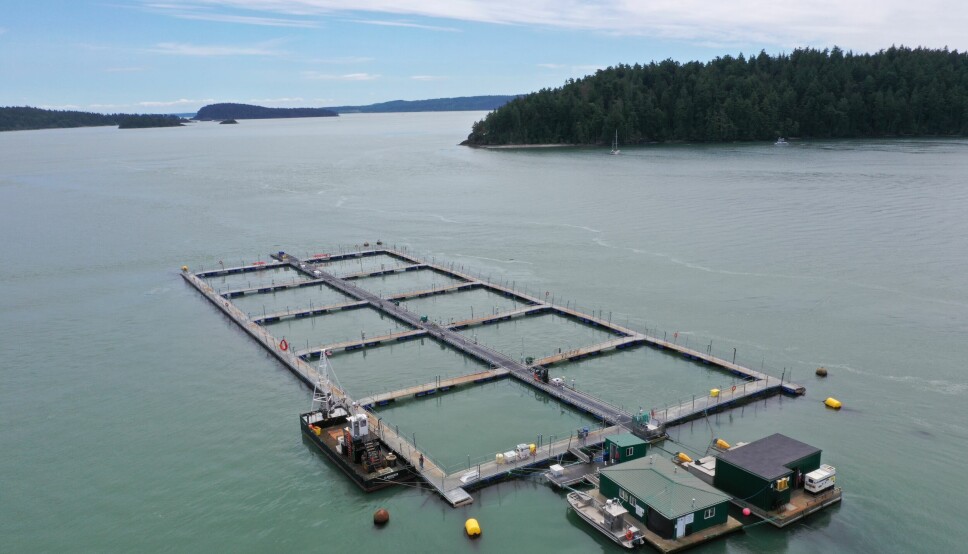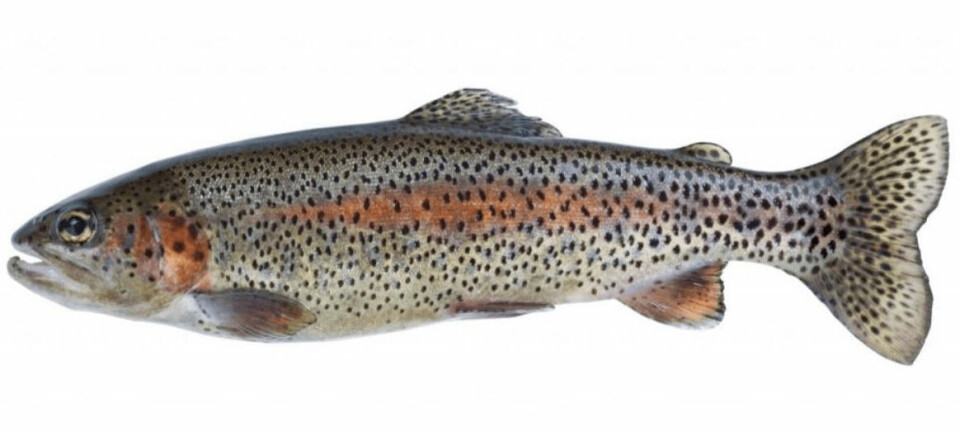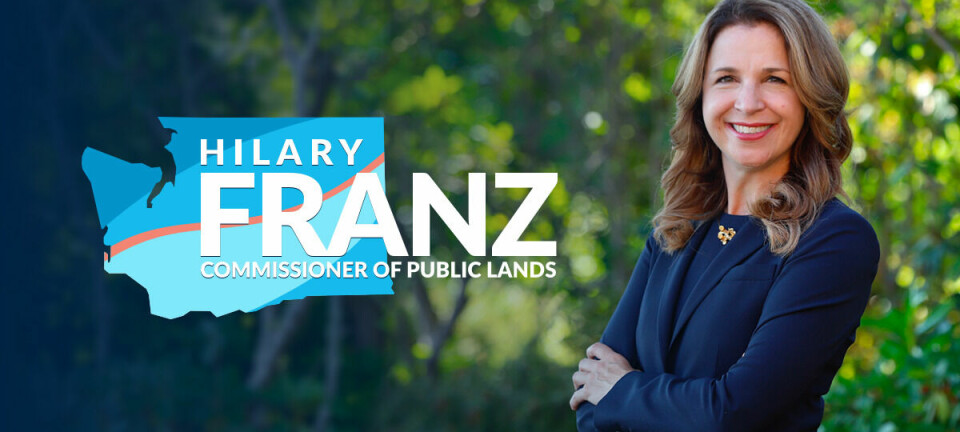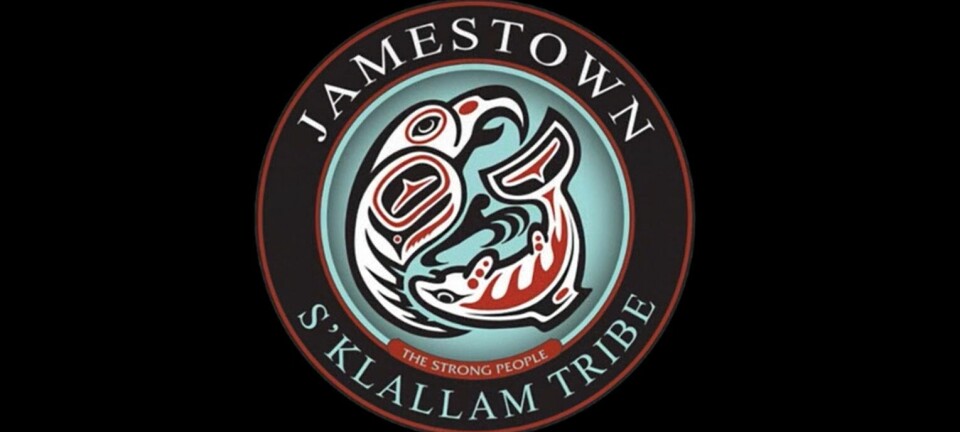
Cooke goes to court to fight Washington State farm closures
Company claims public lands chief ‘had no basis in law or science’ to deny lease renewals
Fish farmer Cooke Aquaculture Pacific is taking court action to prevent its eviction from two sites in Washington State, in the United States.
Last month, the Washington Department of Natural Resources (DNR) told Cooke that it wouldn’t be renewing two rainbow trout farming leases located at Rich Passage and Hope Island in Puget Sound and initially gave the Canadian-owned company just 30 days to harvest fish and remove all farm equipment.
Cooke yesterday said that it has filed a complaint in the Superior Court of the State of Washington to appeal the lease renewal denial and seek a preliminary injunction to secure more time to safely harvest the fish and remove the equipment remaining at the Rich Passage and Hope Island sites.
Quest to 'bury' Cooke
In a press release, Cooke said the lease application denials were the culmination of Washington public lands commissioner Hilary Franz’s five-year quest to “bury” Cooke and destroy aquaculture in Washington.
“Just days later, Commissioner Franz again ignored science and legislative mandate by unilaterally implementing a politically self-serving executive action to ban commercial fish farming in the State of Washington,” said Cooke, which is one of the world’s biggest salmonid farmers.
“Right after announcing the lease application denials and holding a press conference on the ban, Commissioner Franz pivoted to using the announcement to fundraise for her re-election campaign, a stinging insult to those employed by the aquaculture industry in the state who are now faced with losing jobs right before the holidays.
Safety risk
“On November 23, 2022, DNR declined Cooke’s request for a reasonable amount of time to harvest fish and remove the equipment from the water. DNR arbitrarily agreed to give Cooke 31 additional days to harvest the fish and directed Cooke to remove all the equipment by April 14, 2023. Cooke has repeatedly explained to DNR why these deadlines pose a safety risk to its employees, risks to the environment, and the risk of financial loss in the form of destroyed crops. DNR has repeatedly and arbitrarily ignored these explanations.
DNR’s refusal to renew Cooke’s leases was punitive, arbitrary, and contrary to extensive scientific research completed by the Washington Department of Fish and Wildlife DNR’s sister agency
Cooke Aquaculture Pacific
“DNR’s refusal to renew Cooke’s leases was punitive, arbitrary, and contrary to extensive scientific research completed by the Washington Department of Fish and Wildlife (WDFW), DNR’s sister agency that has primary responsibility to ensure the health of wild fish stocks in Washington. WDFW’s research concluded that farming of rainbow trout in Washington waters, as proposed by Cooke, would not have probable significant adverse impacts to the environment, and those conclusions were unanimously affirmed by the Washington Supreme Court in January of this year.
“The decision is unjustified given the State Legislature’s confirmation that native species of fish can be farmed in Washington’s waters and the extensive work done by Cooke and multiple state agencies, including WDFW, to strengthen the regulatory framework governing marine farms. Cooke has enthusiastically worked collaboratively and transparently with regulatory agencies to identify areas of improvement and implement regulatory and monitoring processes to ensure that its operations meet and exceed the highest standards.
Same strain
“The Rich Passage and Hope Island farms have been present at the same locations for more than 40 years, with multiple lease renewals being granted by DNR to previous operators. Scientific studies and monitoring data have consistently shown that the Rich Passage and Hope Island fish farms do not have an adverse impact on the environment. The fish grown by Cooke are the exact strain of sterile rainbow trout used by WDFW to stock lakes and rivers throughout Washington.”
Cooke concluded: “Upon hearing the evidence and reviewing the files and records Cooke has asked the court to compel DNR and Commissioner Franz to produce, Cooke is confident that the court will conclude that DNR had no basis in law or science to deny the Rich Passage and Hope Island fish farm lease renewal applications.”
Cypress Island
Cooke pivoted to farming sterile female steelhead in Puget Sound after Washington’s legislature banned the farming of open-net pen non-native fish, which in effect meant Atlantic salmon grown by Cooke.
The ban in 2018 followed the collapse of a cage assembly at Cooke’s Cypress Island site in August 2017, leading to the escape of more than 150,000 fish (DNR claims it was more). Cypress Island was one of four farms operated by Cooke in Washington, all of which had recently been acquired from Icicle Seafoods.
Cooke had applied to replace the ageing structure at Cypress Island before the collapse.
Following the Cypress Island escape, Franz terminated the farm’s lease, and the lease for another farm, Port Angeles, after an inspection discovered that the farm was outside the boundaries of its lease with the DNR and was allegedly causing a navigation hazard. Cooke is challenging the Port Angeles case in court.


























































